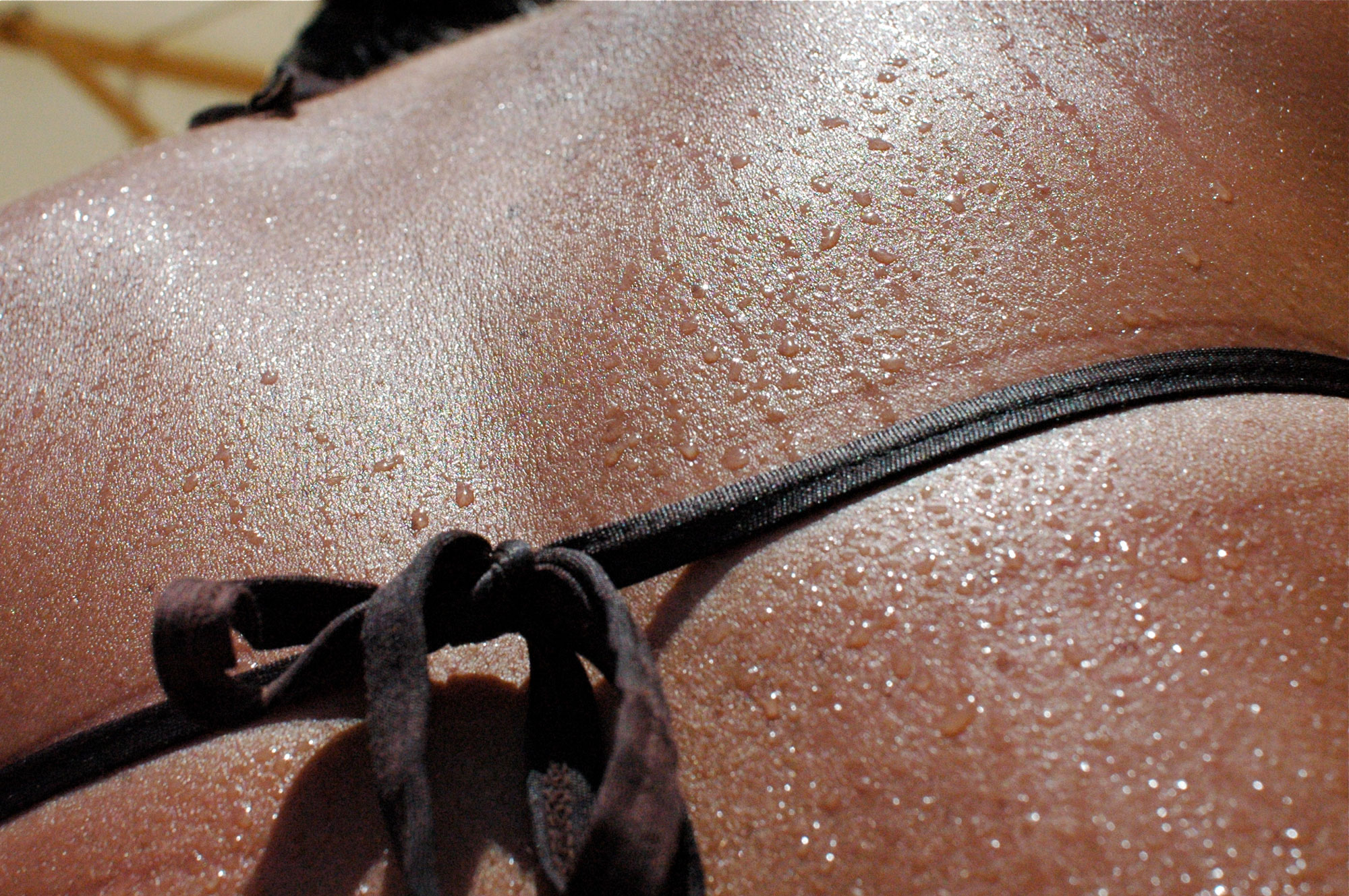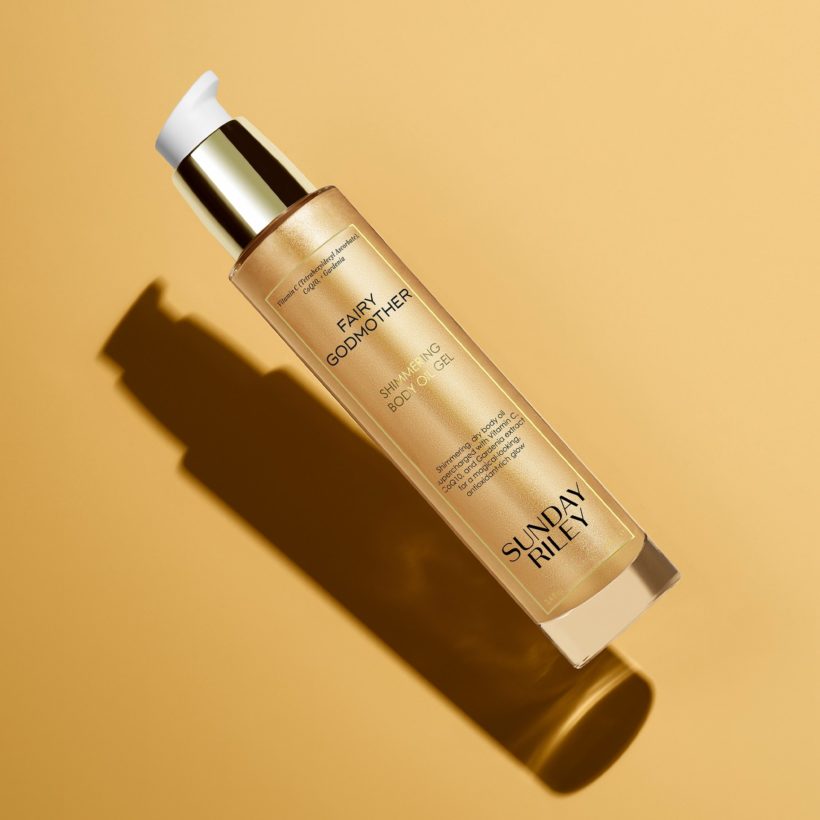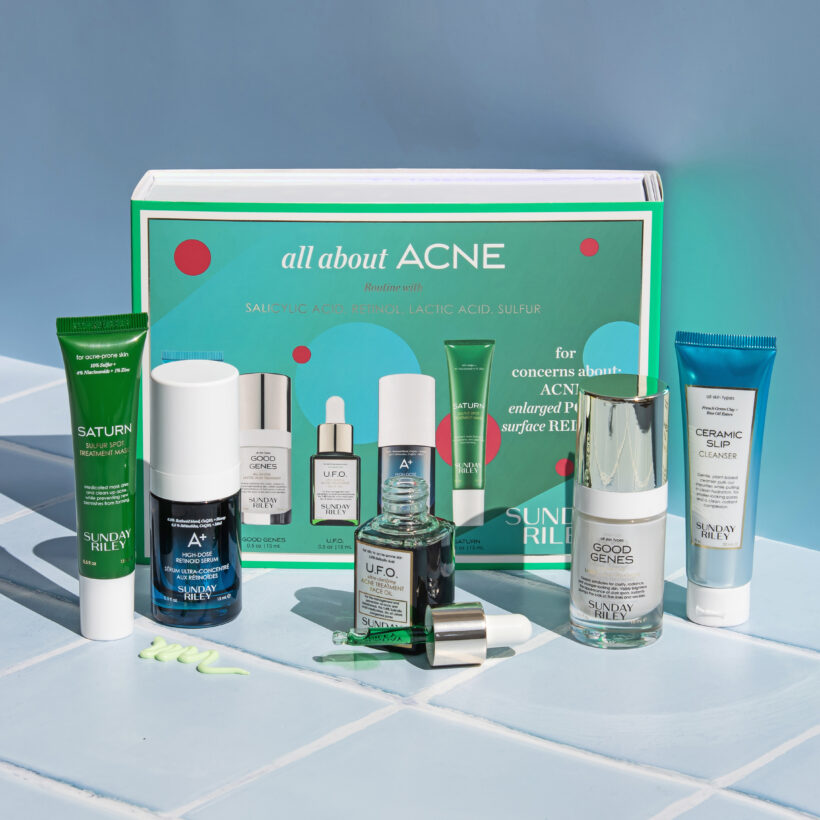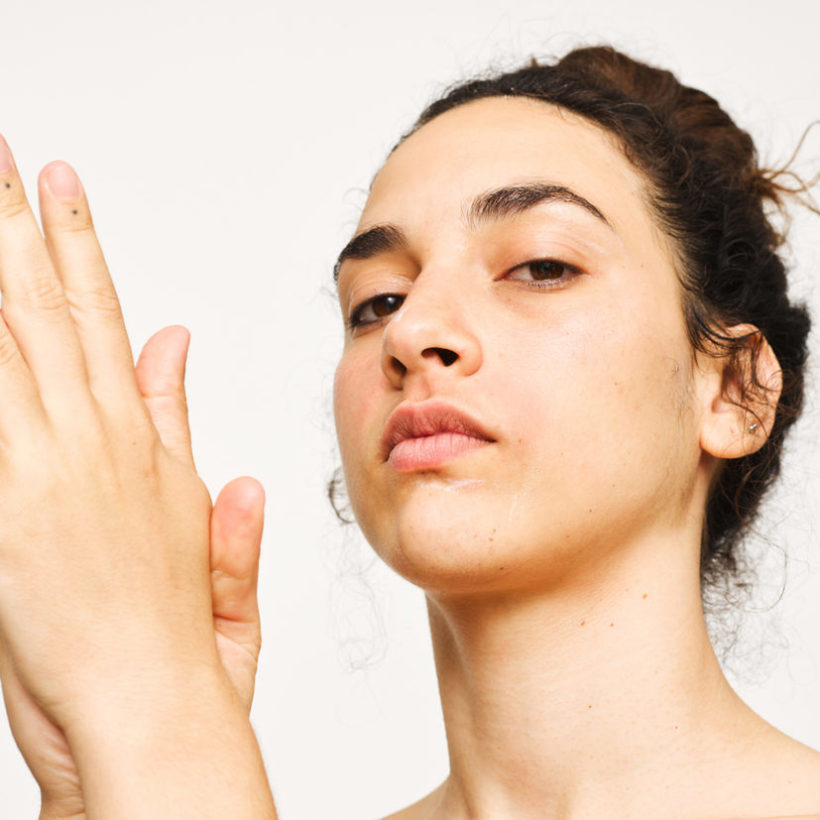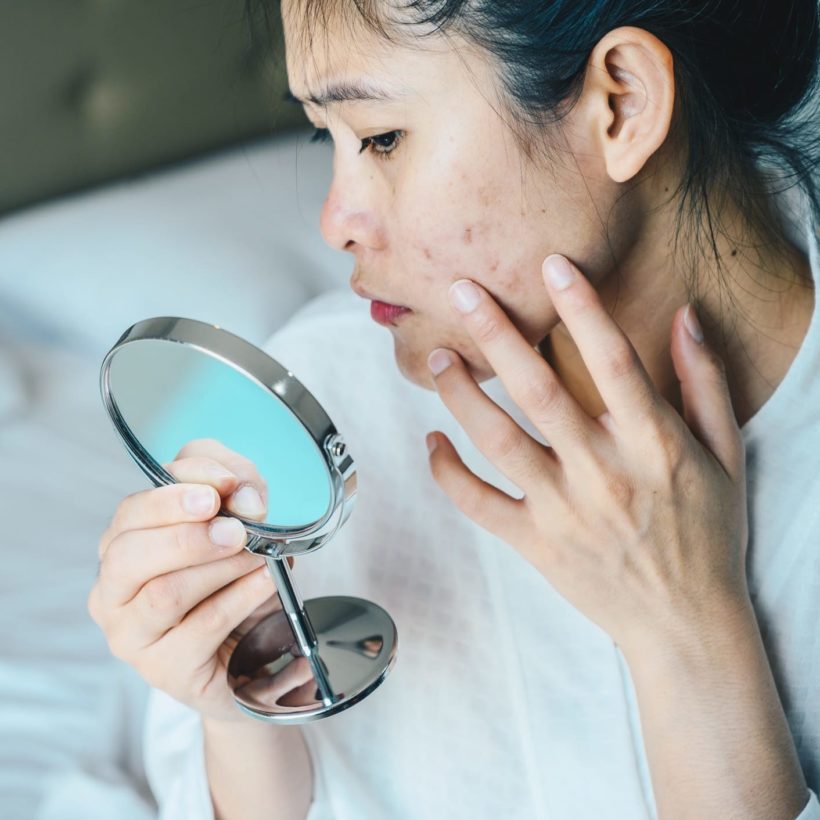While we may think of our skin as simply the outer surface of our body, it’s easy to forget that the skin is the largest organ and requires the same TLC we give all our other vital organs. It protects our insides from the outside world, including allergens, viruses, bacteria, and toxic substances, explains Richard Torbeck, M.D., New York City-based dermatologist. This is why proper skin care is so important. It ensures that the skin is functioning properly and can do its job, thus reducing the risk for infections, allergies, and skin conditions like hyperpigmentation, oiliness, and breakouts.
Kudos now that you understand the importance of implementing a solid skincare routine. The trouble, however, is that many people adopt certain habits that they assume to be helpful for your skin when, in reality, it could have the opposite effect. Here, dermatologists share the most common things you might be doing to improve their skin that may make it worse.

Meet the Experts
Richard Torbeck, M.D. is a New York City-based dermatologist.
Marisa Garshick, M.D. is a dermatologist at Medical Dermatology & Cosmetic Surgery (MDCS) in New York.
Brendan Camp, M.D is a Manhattan-based dermatologist at MDCS Dermatology.
Using too much of a certain product
It’s understandable that when you find a product that says it’ll work wonders, you’d think the more you use a product, the more effective it will be. Though consistency of use with most skin care products is key, you only need to apply most products once or twice a day.
“It is important to be gentle on the skin to help preserve the skin barrier and optimize the functions of the skin, which is why I often recommend a ‘less is more’ approach to skincare,” says Marisa Garshick, M.D., a dermatologist at Medical Dermatology & Cosmetic Surgery (MDCS) in New York. “When using a lot of ingredients or products, there is also a chance that the products will not interact well, which can also contribute to problems with the skin without even realizing it.”

Brendan Camp, M.D., a Manhattan-based dermatologist at MDCS Dermatology, warns that using more of a certain product, for example, a retinol or acid-based product, can cause irritant contact dermatitis and leave you red, peeling, scaly, itchy, and in pain. “Often, only a pea-sized amount of product is needed to cover the whole face,” he says.
Similarly, using a wide range of products in your skincare routine doesn’t always equate to better skin quality. “Using multiple products increases the likelihood of developing a reaction or worsening acne,” says Dr. Camp. “Streamlining or editing your skincare routine will allow for better tolerance and improved compliance—plus, it will save you some time.”
Washing your face too often
Cleaning your face seems like a noble attempt to improve its appearance. However, there’s no reason to do it more than once or twice daily. Washing your skin too often may make it even more oily, and acne-prone, warns Dr. Garshick. This is because you’re stripping your skin of its natural oils with every single wash, which leaves it feeling vulnerable and causes it to ramp up its natural oil production. For this reason, Dr. Garshick recommends washing your face once in the morning and once before you go to bed.
Popping your pimples
When you glance in the mirror only to find a big zit staring back at you, it’s tempting to want to pop it in an attempt to bring your skin back to smooth. However, usually popping only makes the pimple worse. “When you pop a pimple, it can trigger inflammation and be more likely to lead to scarring,” says Dr. Garshick. If you have a pesky pimple that you are tempted to pop, she recommends leaving it alone as much as possible, making sure it’s clean, and applying a spot treatment over it. Try the Sunday Riley All About Acne Kit to find a full routine of pimple-busting cleansers, treatments, and exfoliants to clear up the skin without popping. And you can always visit your board-certified dermatologist to discuss treatment options.

Skipping moisturizer if you have oily skin
Many people with oily skin are hesitant to use a moisturizer for fear that it will only make their already-oily skin even more oily or lead to clogged pores. However, Dr. Garshick points out that not applying moisturizer, even to oily skin, can cause the skin to become dry, resulting in the skin compensating by creating more oil. For this reason, she recommends that all skin types apply moisturizer but suggests that those with oily skin opt for ones that are lightweight and non-comedogenic so they won’t clog the pores.
Getting a base tan

“Some patients tell me they are going to a tanning salon before a vacation to get a base tan so they don’t burn. However, the truth is that there is no such thing as a ‘healthy tan,’” warns Dr. Camp. “Tanning represents your skin’s response to an environmental insult, ultraviolet radiation.” Moreover, a single visit to an indoor tanning salon can increase your risk of melanoma, the deadliest form of skin cancer, by as much as 20 percent, according to the American Academy of Dermatology Association (AAD). Instead of getting a base tan, Dr. Camp urges his patients to protect their skin from the sun with sunscreen (Sunday Riley Light Hearted Broad Spectrum SPF 30 will always do the trick), sun hats, sunglasses, sun protective clothing, and plenty of shade. Plus, there are many ways to find your glow without a tan, including Sunday Riley Fairy Godmother Shimmery Body Oil Gel, which leaves behind a subtle, golden shimmer.
We only recommend products we have independently researched, tested, and loved. If you purchase a product found through our links, Sunday Edit may earn an affiliate commission.
